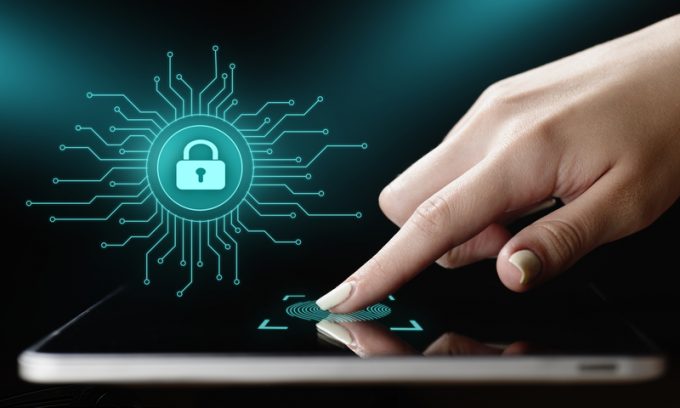IIT Guwahati collaborates with University of Pardubice, Czech Republic to Protect Nation's Digital Data from Cyber Attacks
 A team of researchers from Indian Institute of Technology Guwahati, in collaboration with scientists from the University of Pardubice, Czech Republic, is working towards developing indigenous algorithms that can protect the Nation’s digital data from cyber attacks by advanced computers. The team has also designed encryption architectures that can be used to protect sensitive health data that is transmitted through the internet.
A team of researchers from Indian Institute of Technology Guwahati, in collaboration with scientists from the University of Pardubice, Czech Republic, is working towards developing indigenous algorithms that can protect the Nation’s digital data from cyber attacks by advanced computers. The team has also designed encryption architectures that can be used to protect sensitive health data that is transmitted through the internet.
The team's work has been published in the proceedings of IEEE International Conference Radioelektronika (RADIOELEKTRONIKA) and has received 3rd best paper award by IEEE Czechoslovakia Section based on its research contributions.
The recent advances in computer science, such as the development of the quantum computer, are all set to overthrow Moore’s law that has ruled the roost for the past half a century. The phenomenal computational power of quantum computers not only embodies possibilities of astronomical progress, but also enormous threats. For example, while sensitive data is stringently protected by encryption (the virtual ‘lock’ for precious data), the power of quantum computers can easily break even apparently “invincible” encryption codes. It is generally feared that once quantum computers become the predominant workhorse of the near-future digital era, almost all existing data-protective encryption schemes would become vulnerable and obsolete.
“It has become indispensable to design new encryption schemes that can resist both quantum computer- as well as classical computer-based attacks,” says Dr. Trivedi. This need has given rise to a new field of research, called Post-Quantum Cryptography (PQC) and state-of-art research teams all over the world, such as the one at IIT Guwahati, has been working on developing algorithms to secure data from attacks by advanced computers.
The team has developed various PQC-based encryption algorithms and designed indigenous soft IPs which can be integrated into Systems-on-Chip (SoC) to protect them from cyber attacks. These algorithms and IPs would enable critical data such as national security data and citizen information to be under unbreakable lock-and-key, thereby enhancing the safety of our nation against cyber-attacks.
The IIT Guwahati team has also worked towards enhancing data security in the healthcare sector that is increasingly using the Internet-of-Things (IoT) to cater to the needs of the country. IoT healthcare aids in the real-time diagnosis of diseases by keeping a patient digitally connected to a medical expert 24*7, thus avoiding the visits and admissions in the hospital, a facility particularly critical in these pandemic times. For example, wearable health sensors, such as ECG devices, can automatically transmit data to the health care provider, but the transmitted data must be encrypted to prevent intentional or accidental modifications to it, which could affect diagnosis and treatment. In fact, the Indian government mandates that only encrypted health data and reports may be transmitted over the Internet.
“We have developed an area- and power-efficient Advanced Encryption Standard (AES) architecture that can encrypt and decrypt ECG data for transmission across the Internet. This is also suitable for low power IoT applications,” says Dr. Trivedi.
Speaking about the work done by Dr. Trivedi’s team, Prof. T. G.Sitharam, Director, IIT Guwahati, said, “Both these electronic devices are the results of the joint efforts of IIT Guwahati and the University of Pardubice with whom we have successful collaboration for the past nine years. These devices are in-line with India’s vision of self-reliance and independence from foreign technology”.

